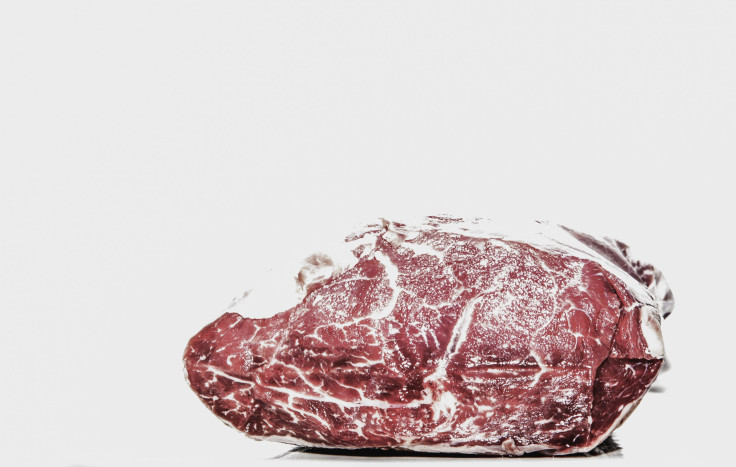Protein Sources For Healthy Life: Long-Term Study Links Increased Death Risk With Red Meat, Eggs And Dairy

Researchers from Massachusetts General Hospital in Boston have found that protein from plants are healthier than protein from animals. The study, published in the August issue of JAMA Internal Medicine, analyzed data from two long-term epidemiologic studies and, according to the team, is the largest study to look at the impact of various sources of dietary protein.
Previous research has found several health benefits associated with substituting protein for carbohydrates, including decreasing blood pressure, reducing risk of cardiovascular illnesses and better weight management. This study, which analyzed over 30 years of data following more than 170,000 people, is unique because it looks at how different sources of protein impact health.
"Overall, our findings support the importance of the sources of dietary protein for long-term health outcomes," said Mingyang Song, a corresponding author of the report and a research fellow in the Massachusetts General Hospital (MGH) Clinical and Translational Epidemiology Unit (CTEU) and Division of Gastroenterology, in a statement. "While previous studies have primarily focused on the overall amount of protein intake—which is important—from a broad dietary perspective, the particular foods that people consume to get protein are equally important. Our findings also have public health implications and can help refine current dietary recommendations about protein intake, in light of the fact that it is not only the amount of protein but the specific food sources that is critical for long-term health."
The researchers sourced data from two large studies: the Nurses Health Study and the Health Professionals Follow-Up Study. After taking lifestyle and dietary risk factors into account, the team found that high intakes of animal-based protein (e.g. meat, eggs and dairy) to correlate—albeit weakly—with an increased mortality rate. Plant-based protein like beans and nuts, on the other hand, was associated with a decreased rate of death.
The link between protein source and mortality was found to be elevated when subjects had just one other unhealthy lifestyle factor whether it be obesity, alcohol intake, history of smoking or physical inactivity. A 10 percent increase in animal protein consumption, reports CNN, was associated with a two percent increase in mortality and 8 percent spike in risk of cardiovascular mortality. In comparison, a three percent uptake in plant-based protein was linked to a ten percent downfall in mortality and 12 percent decline in cardiovascular-related death.
The team also looked deeper into types of meets. For instance, the risk factor remained constant for both processed and unprocessed red meats. The high mortality correlation was not seen in fish or poultry consumption.
"Our findings suggest that people should consider eating more plant proteins than animal proteins, and when they do choose among sources of animal protein, fish and chicken are probably better choices,” said Song. “Future studies should examine the mechanisms underlying the different effects of plant and animal proteins—along with different sources of animal proteins—on overall health."
© Copyright IBTimes 2025. All rights reserved.






















